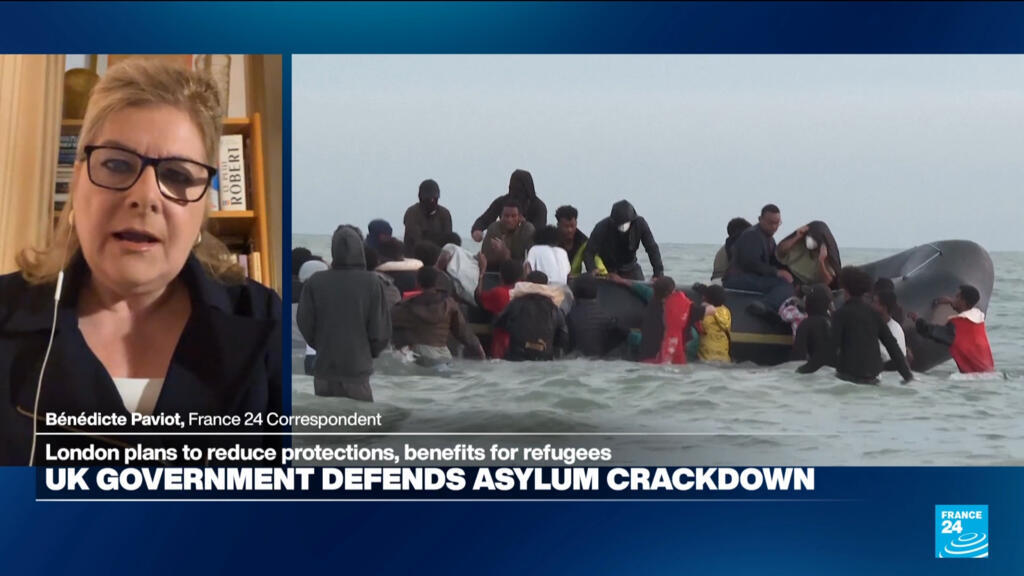Tragic Capsizing Incident in the Mediterranean
Last week, a tragic incident off the coast of Libya saw a boat carrying migrants capsize, resulting in the deaths of at least 42 individuals. This recent disaster is part of an alarming trend in the Mediterranean, where more than a thousand people have lost their lives this year alone while attempting to cross the perilous waters in search of safety and a better life. The Mediterranean Sea continues to be one of the deadliest routes for migrants, evidencing the dire circumstances faced by those fleeing conflict, poverty, and persecution in their home countries.
In the wake of this heartbreaking event, the humanitarian organization Médecins Sans Frontières (MSF), also known as Doctors Without Borders, has announced the resumption of its search and rescue operations in the Mediterranean. This decision highlights the urgent need for immediate humanitarian assistance in the region, as the number of migrant fatalities continues to rise at an alarming rate. MSF has emphasized that their search and rescue missions are essential in providing life-saving support to those in peril on the high seas.
Rositsa Atana-Sova, the humanitarian affairs coordinator for MSF's search and rescue operations, outlined the organization's commitment to addressing this ongoing crisis. She noted that the Mediterranean is not merely a transit route; for many, it represents a desperate gamble for survival. Many migrants risk their lives aboard overcrowded and unseaworthy vessels, leading to frequent tragedies like the recent capsizing. The humanitarian situation necessitates immediate action to prevent further loss of life.
The capsize of the migrant boat underscores the broader issues surrounding migration in the Mediterranean, including the lack of safe and legal pathways for individuals seeking asylum or a better future. With the ongoing conflicts in regions such as Syria, Afghanistan, and parts of Africa, the influx of migrants seeking refuge continues. However, many face dangerous conditions during their journey, making the need for search and rescue operations more critical than ever.
In response to the escalating crisis, MSF's decision to restart its operations reflects a growing recognition of the need for effective humanitarian interventions. The organization aims to provide a safe haven for those in distress and to advocate for the rights of migrants and refugees. In doing so, MSF hopes to raise awareness about the plight of those who risk everything for a chance at a better life and the urgent responsibility of the international community to address their needs.
As this situation unfolds, the cycle of tragedy in the Mediterranean serves as a sobering reminder of the challenges faced by migrants and the moral imperative to offer assistance. As more people embark on perilous journeys across the sea, the humanitarian sector must be prepared to provide the necessary support and resources to save lives and advocate for policy change that prioritizes the safety and dignity of migrants. The tragic loss of life at sea calls for a collective response to address the root causes of migration and ensure that humanity prevails in the face of adversity.












